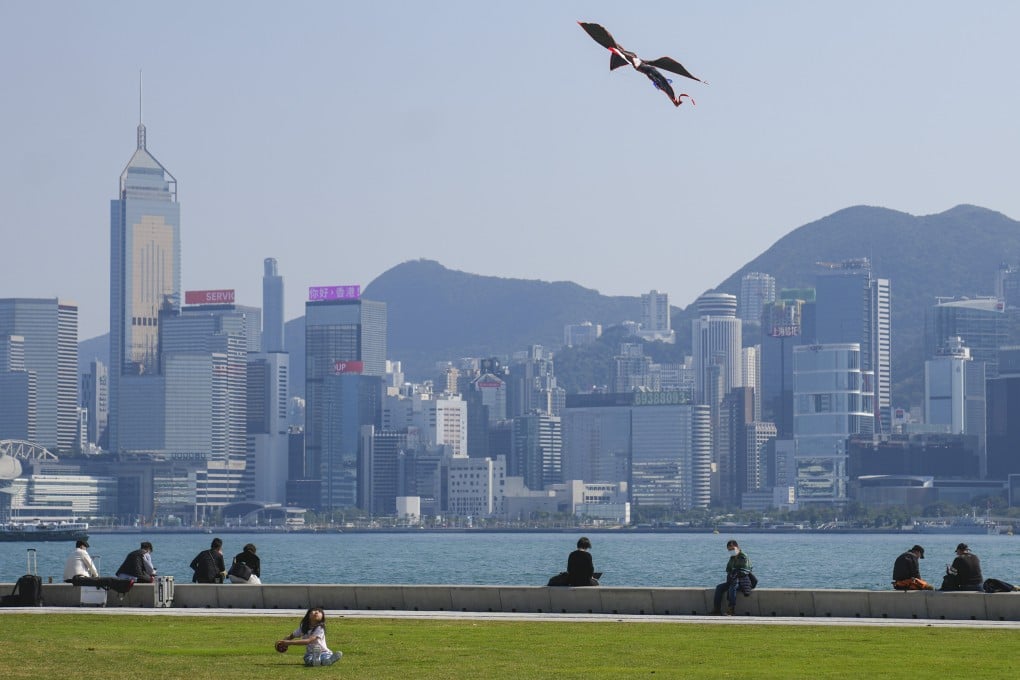Opinion | Singapore vs Hong Kong: for a healthier city, give people green spaces to enjoy
- While Hong Kong has better access to urban green space, Singapore has more of it and of better quality
- As more people grapple with mental health issues post-pandemic, urban planning is more important than ever

In London, significantly more residents sought urban green spaces during the pandemic lockdowns, especially those who lived closer to such spaces, my study found. The results, published in the Nature Mental Health journal, were based on data from two million mobile phone users.
This study, in collaboration with Assistant Professor Ke Michael Mai from the National University of Singapore (NUS) Business School, and Dr Souneil Park from Telefonica Research, also looked at the mental health and locations of 5,000 people in the United Kingdom.
Post-pandemic, people in Singapore and Hong Kong have increased their visits to urban green spaces, I found in my ongoing study in collaboration with NUS research associate Alex Yeung. Consistent with the results observed in London, respondents in both Asian cities also reported a more significant improvement in their mental well-being after such visits during the Covid-19 outbreak, compared to pre-pandemic.
This underscores the critical role that urban green space plays in supporting mental health. There is an increased demand for accessible urban green space, particularly during periods of restricted mobility, when mental well-being becomes a paramount concern.

